Why Is My Power Bill So High? 5 Reasons and How to Fix It
Learn what’s behind a sudden spike in energy costs


The main culprit of high energy bills is older appliances.
The second most common reason for a high bill is heating or cooling your home.
Be diligent about checking your electric bill for rate hikes.
1. Your Rates Changed
The average electric bill is around $140 per month. What’s more important than this figure, however, is what your average is per month. If you notice a spike in the wrong direction, you need to make sure your power company didn’t pull a fast one on you by raising your rates. Remember that there are usually pricing tiers based on your total usage and the time of day. Any of them can change, and usually not to your benefit.
How to Fix It
Review bills and compare your charges to make sure your rates are the same as they used to be.
If you have the option, get power quotes from other companies. You may be able to negotiate with your current company by letting them know what others are offering.
2. Your Appliances Are Older and Not Energy Efficient
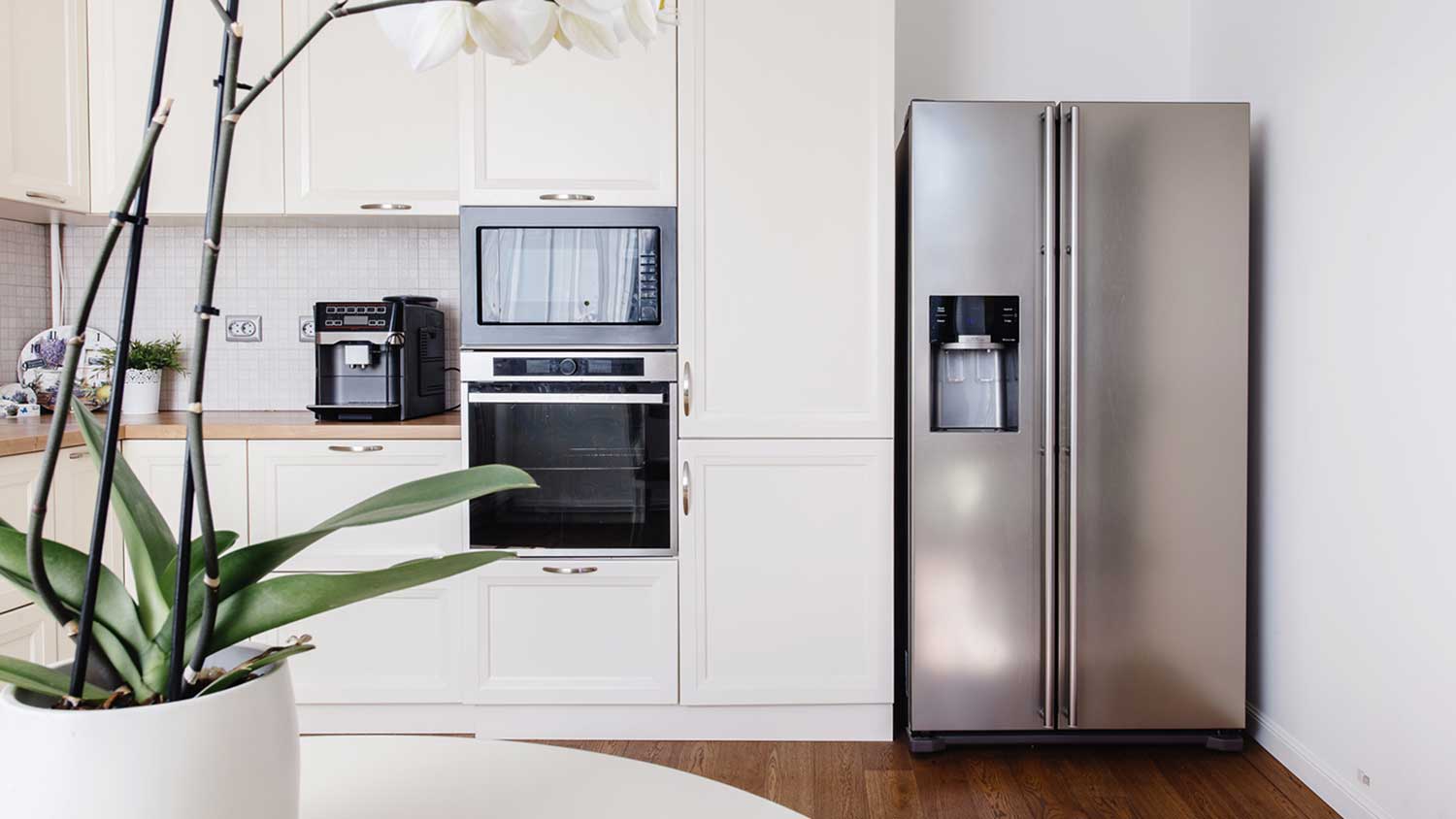
As appliances get older, they become much less energy-efficient. The worst offenders are aging fridges, chest freezers, heating and air conditioning systems, and electric water heaters. In addition, an appliance in need of repair can sometimes draw more energy than usual.
How to Fix It
If the appliance is damaged, contact an appliance repair pro or a local electrician to fix it, and see if that resolves the power drain.
If the appliance is outdated, replace it with a newer model. Keep in mind there may be rebates and tax credits available for doing so.
3. You’re Blasting the Heat or Air Conditioning
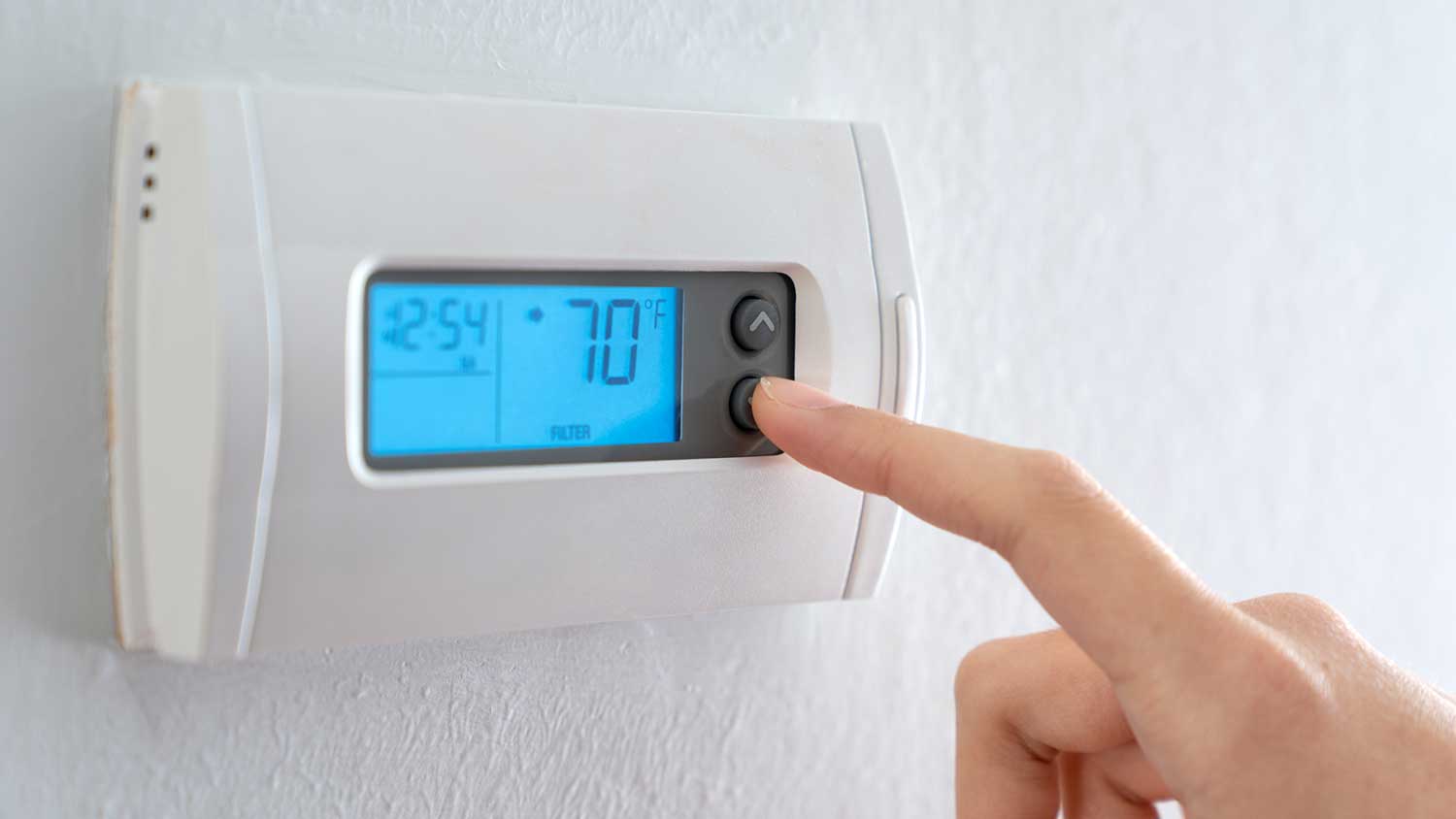
Air leaks, bad insulation, and lack of window coverings are just a few things that can make your home less energy-efficient, causing you to have to crank up the heat or air conditioning. If your energy bills spike in winter and summer, your heating and cooling usage is very likely to blame.
How to Fix It
Have a pro check your home’s insulation and look for any air leaks. Or book a full home energy audit.
Consider window shades or films that help filter direct sunlight.
Keep up with routine HVAC maintenance so your system is as efficient as possible.
4. Someone Tapped Your Line
This isn’t as common as the other ones, but if you notice a serious bump in your bill, consider your power supply. It isn’t unheard of for ambitious neighbors to tap into their neighbor’s (your) power supply. You can’t usually check this yourself unless there is an obvious cable running to someone else’s property. A pro should come out and check.
How to Fix It
People who steal power are committing a crime, so if you discover this happening, call the police.
5. You’re Not Using Solar or Your Solar Isn’t Functioning Properly
If you live in an area with a lot of sunlight hours per year, you should consider investing in solar panels. There is an initial investment that can be high, but it can also be offset with rebates and tax breaks in many places. If you have a system already installed, consider that it may not be functioning correctly.
How to Fix It
Talk to a local solar pro to discuss options. They will also give you a breakdown of what your new power bill might look like.
If you have an existing solar system, book a professional inspection to make sure it’s working properly.
Frequently Asked Questions
Home power is measured in kilowatt-hours, commonly expressed as kWh. The average home uses between 800 and 1,000 kWh per month. Peak usage (and highest bills) occurs in the middle of summer and the depths of winter. Keeping on top of your usage during these crucial months will lower your annual average usage considerably.
The number one culprit of high energy bills is older appliances, especially fridges and freezers that are left on all the time. These two appliances tend to last a long time, which is good, but it also means that newer models are usually significantly more energy-efficient due to upgraded technology. The second most common reason for a high bill is heating and air conditioning.

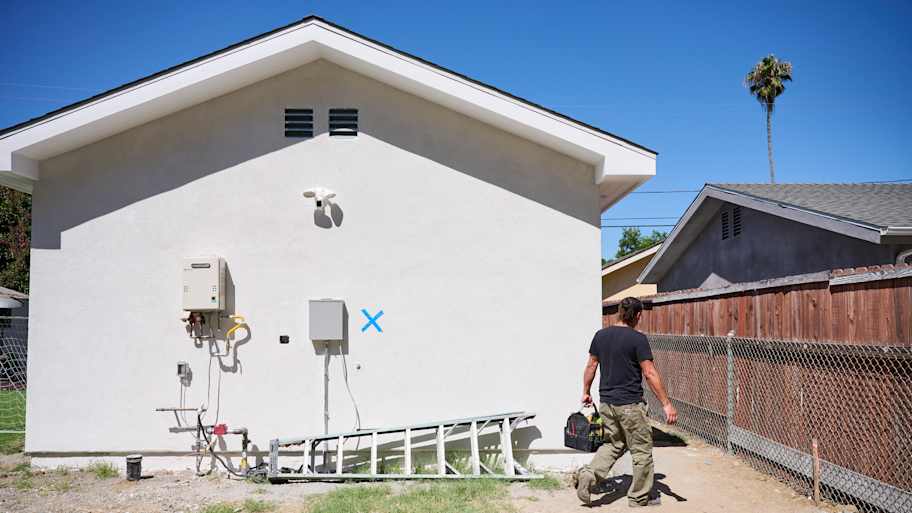
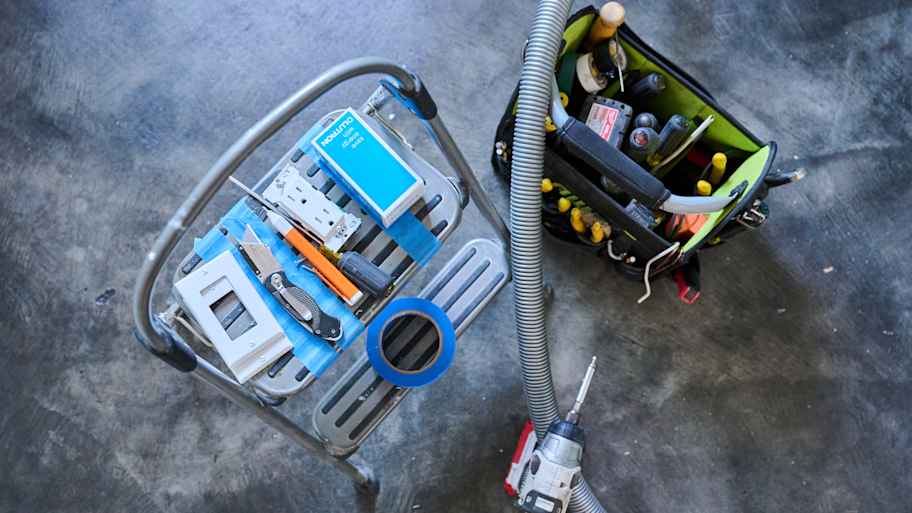
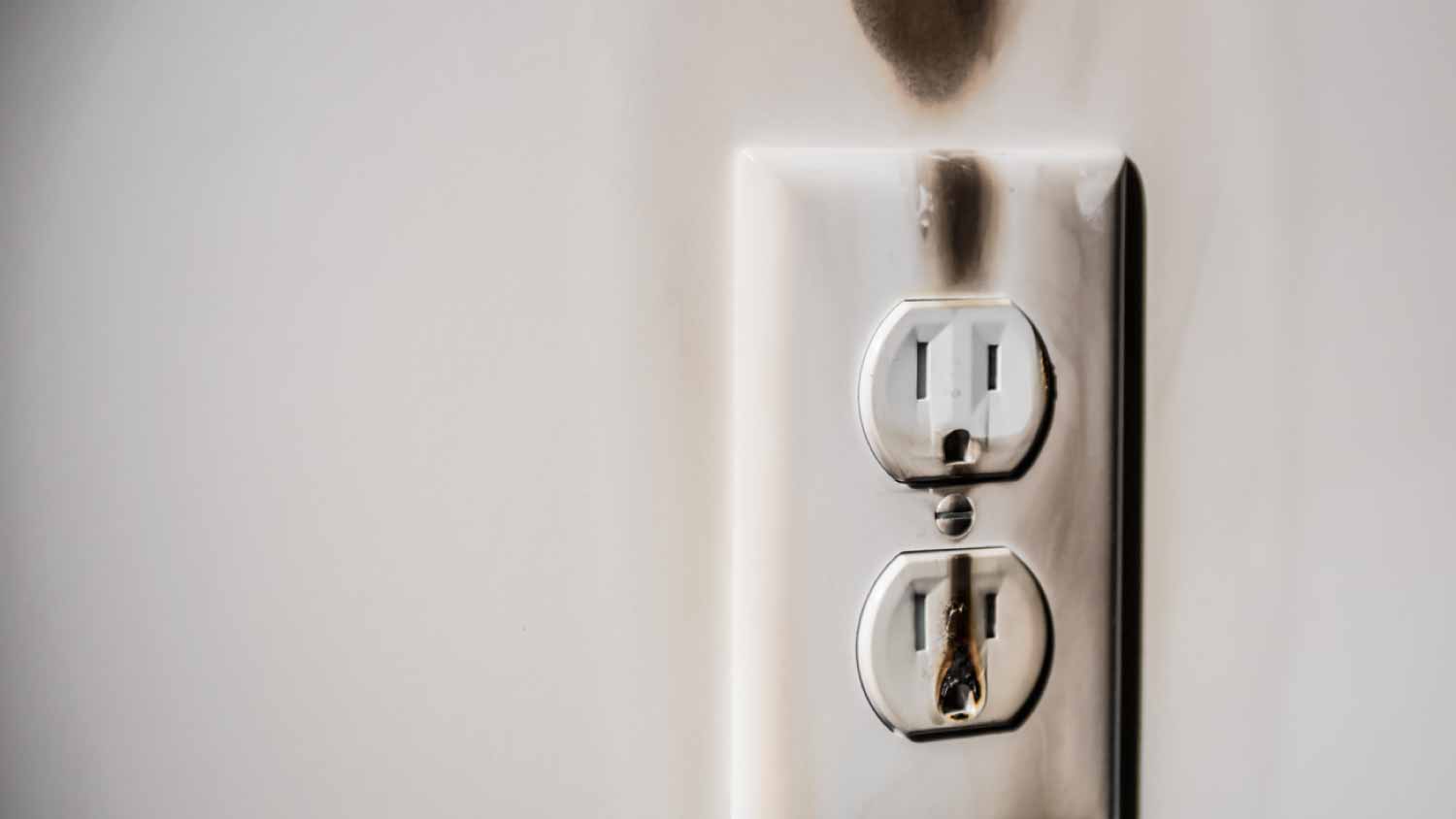

- Home Generator Repair
- Lamp Repair
- Electric Repair
- Generator Installation
- TV Antenna Services
- Emergency Electricians
- Commercial Electricians
- Attic Fan Installation
- Attic Fan Repair
- Exhaust Fan Installation
- Electric Inspectors
- Subcontractors
- Electrical Construction
- EV Charger Installer
- Chandelier Installation
- Doorbell Installation
- Bathroom Fan Installation
- Ring Installers
- Electrical Panel Upgrade










